As Tehran gears to resume talks, US and its allies mark another major wrong-headed step against Iran
The United States and its top European allies have continued to act in bad faith against Iran, endangering the prospects of diplomatic attempts to salvage the US-abandoned Iran nuclear agreement, even after Tehran announced its readiness to resume negotiations in Vienna.
In a joint statement on Saturday, the leaders of the United States, Germany, France, and Britain said they shared a “grave and growing concern that, while Iran halted negotiations on a return to the JCPOA (nuclear deal) since June, it has accelerated the pace of provocative nuclear steps, such as the production of highly enriched uranium and enriched uranium metal.”
The statement marks the second major wrong-headed step after Tehran’s renewed determination to resume the talks aimed at removing the US sanctions, which could set the stage for revival of the 2015 Iran nuclear deal, officially known as the Joint Comprehensive Action (JCPOA), with the first being the announcement of fresh sanctions on the Islamic Republic a day earlier, which, according to Iran, proved that the US “is not trustworthy at all.”
Iran and six world powers, including the US, the European trio, Russia, and China, inked the JCPOA in July 2015. The agreement removed international sanctions on Iran in exchange for certain limits on Iran’s nuclear activities.
The deal, however, was unilaterally abandoned by the US in 2018 despite Iran’s full compliance with its nuclear undertakings, as repeatedly certified by the International Atomic Energy Agency (IAEA). The US then unleashed a “maximum pressure” campaign against Iran which practically deprived the country of all of the deal’s economic benefits.
Iran fully honored its nuclear obligations for an entire year, after which it decided to ramp up its nuclear work as a legal “remedial measure” against the US violation of the deal and the abject failure on the part of the other signatories, the E3 in particular, to safeguard its benefits.
After their meeting in Rome on Saturday, US President Joe Biden, French President Emmanuel Macron, German Chancellor Angela Merkel, and British Prime Minister Boris Johnson said Iran needed to change course in order to “quickly reach and implement an understanding on return to full compliance” with the JCPOA.
Back in April, Iran and the remaining parties to the landmark nuclear deal began negotiations to restore the deal. The talks were paused in late June, after Iran’s presidential election, but Iran announced on Wednesday that the talk will resume in November.
Since the beginning of the Vienna talks, Iran has frequently criticized the Biden administration for retaining the Trump administration’s so-called maximum pressure policy even though publicly denouncing it as a complete failure which was responsible for the progress of Iran’s nuclear program beyond the JCPOA limits.
‘US weighing new penalties on Iran’
Although Iran’s Wednesday announcement was welcomed by the European Union, the US and its European allies went on to repeat the allegation that Iran is pursuing nuclear weapons and claimed they were determined to ensure that would not happen.
In contrast, days earlier, the IAEA chief expressed optimism about the future of diplomatic negotiations to once again resolve the crisis created over Iran’s nuclear program.
“I think diplomacy cannot fail. We have to make sure that every element is there and it is possible to have a sort of a modus Vivendi,” Rafael Grossi told Euronews on Thursday.
Grossi also said there have been ups and downs in the Iran-IAEA relationship as is the case in any relationship, but noted that “our relations with Iran is a permanent one” and not “predicated on the JCPOA or other things.”
Meanwhile, US officials have told CNN that they are “actively discussing imposing penalties on Tehran,” as they are highly skeptical that the renewed talks will yield “the desired results.”
There is an ongoing debate within the Biden administration about how to proceed and how much to increase the pressure on Iran, the sources said.
Since taking power in Tehran, the Ebrahim Raeisi administration has repeatedly said that it seeks the removal of all of the United States’ anti-Iran sanctions as well as a guarantee that the US will not leave the JCPOA again. It has also said that it will only engage in pragmatic talks that are aimed at reaching tangible results.
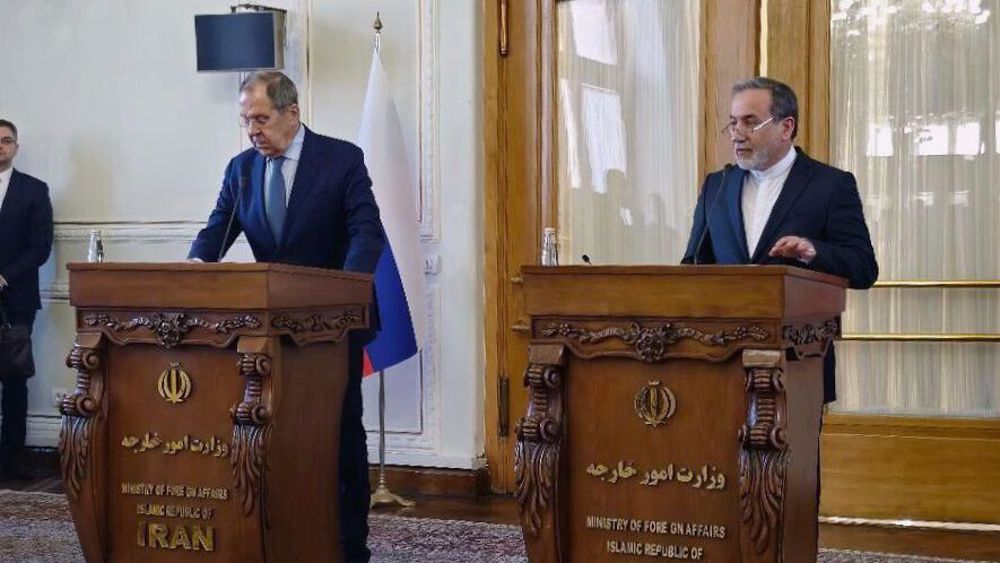
Iran rules out nuclear talks with US amid ‘maximum pressure’ campaign
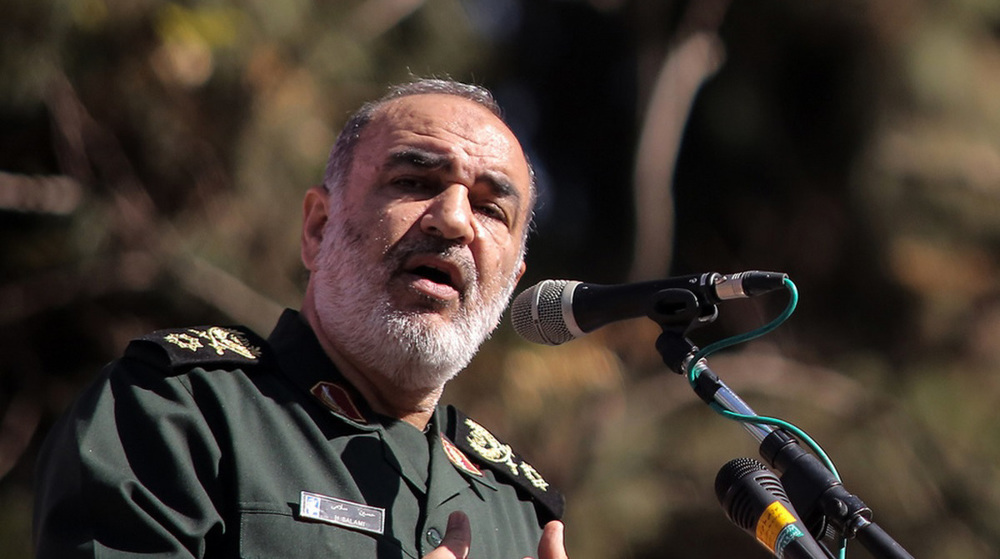
Flying warplanes over Beirut funeral exposed enemy’s fear of power, unity of nations: IRGC
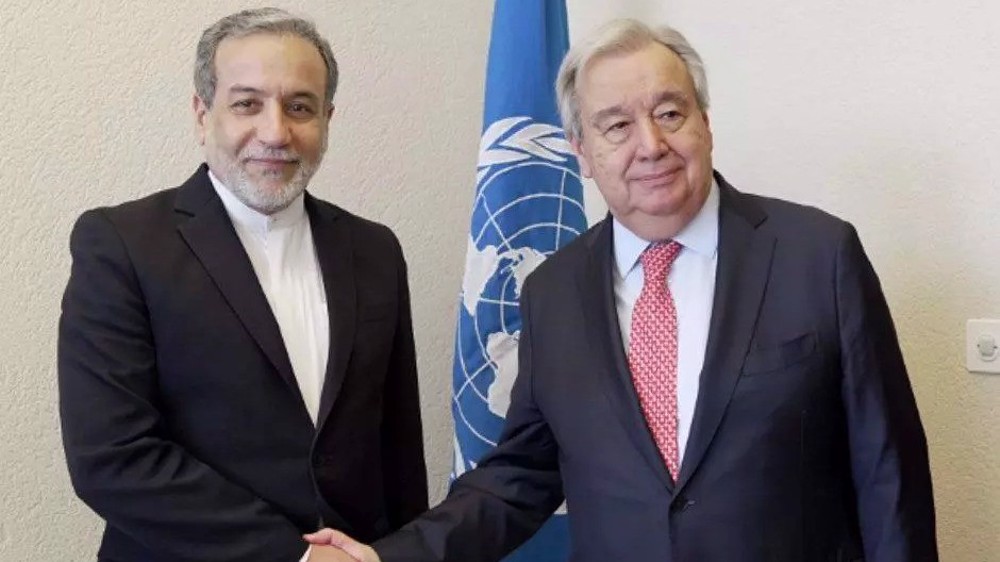
Araghchi tells UN chief: Israel must be held accountable for crimes against Palestinians
'Shocking attack on free expression': Canadian politician slams arrest of pro-Palestine activist
West Bank Palestinians fear Gaza style destruction as Israel escalates raids
Hamas: Ibrahimi Mosque massacre testament to Israel’s criminal policy
Trump eyes Ukrainian rare earth minerals in exchange for military support to Kiev
Six Gaza children, including newborn girl, die of cold weather as Israel blocks aid
Iran rules out nuclear talks with US amid ‘maximum pressure’ campaign
Israeli tanks roll into West Bank first time in 20 years as prelude to forcible annexation
VIDEO | Trump wants Ukraine's mineral wealth


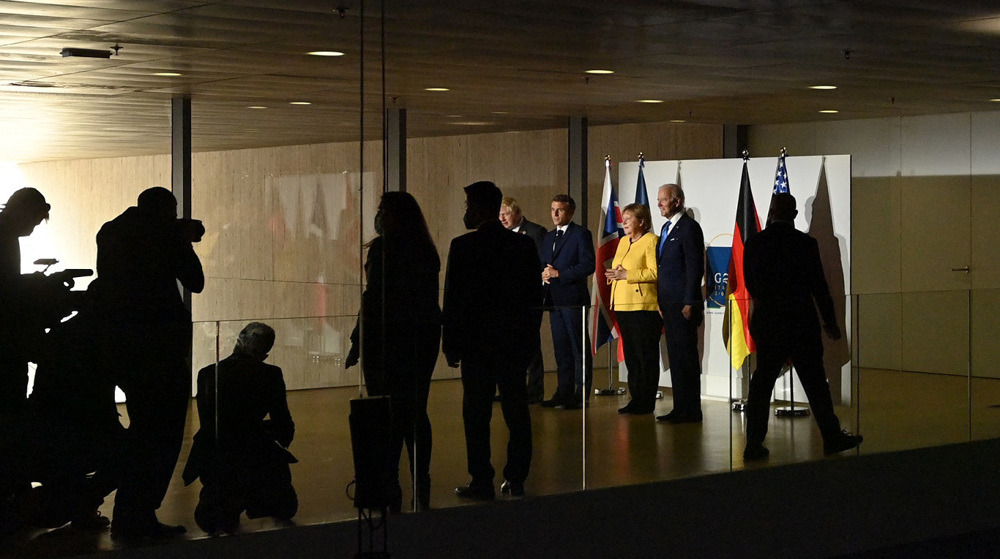
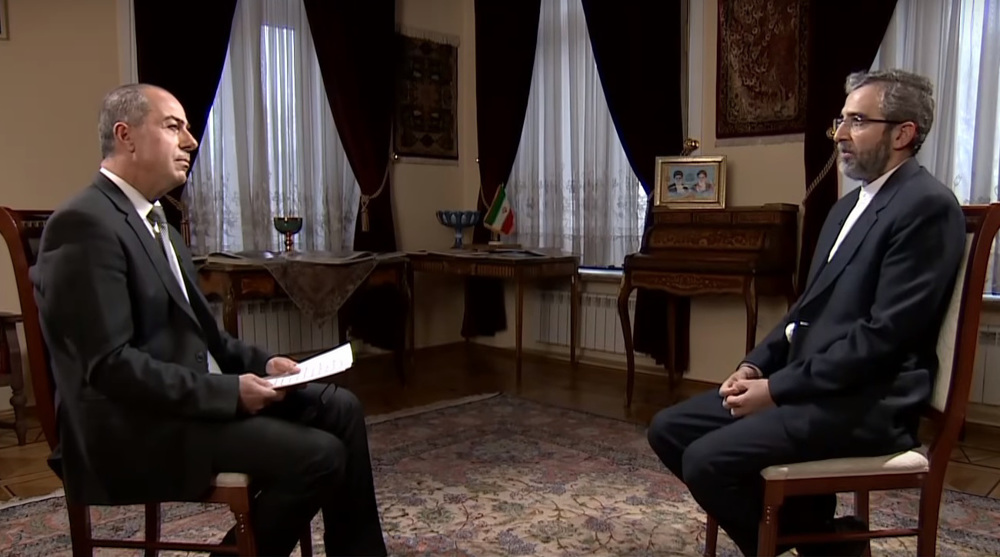
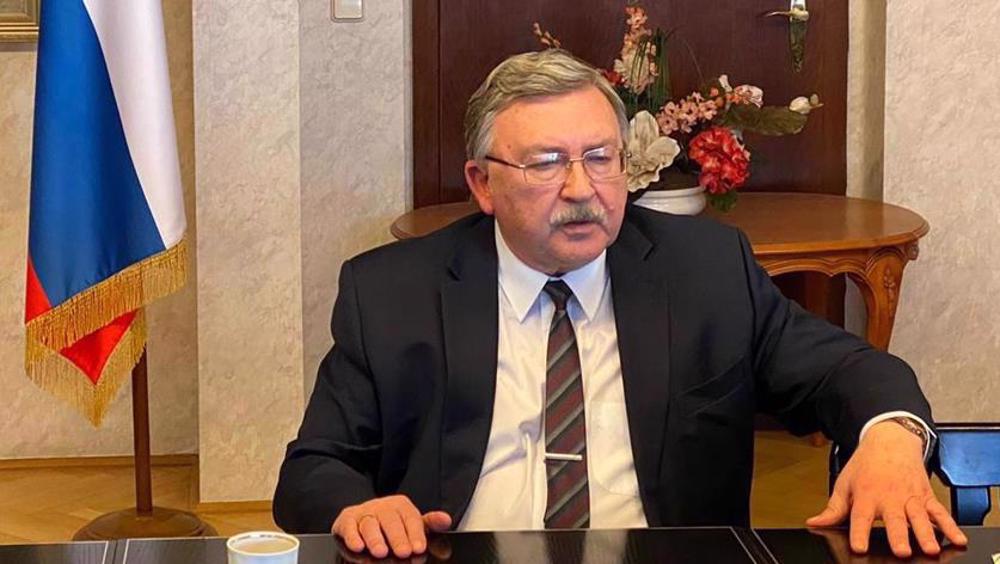



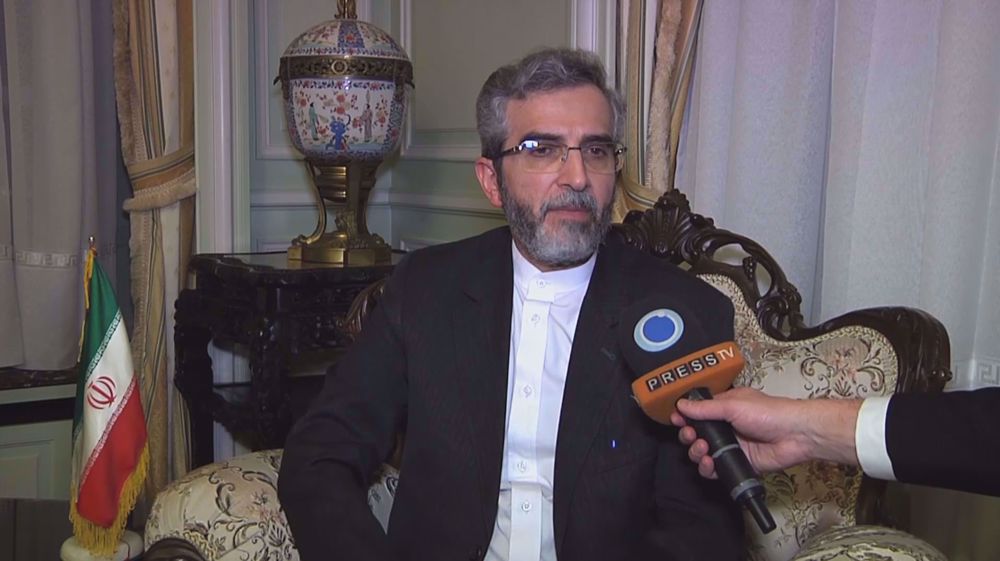
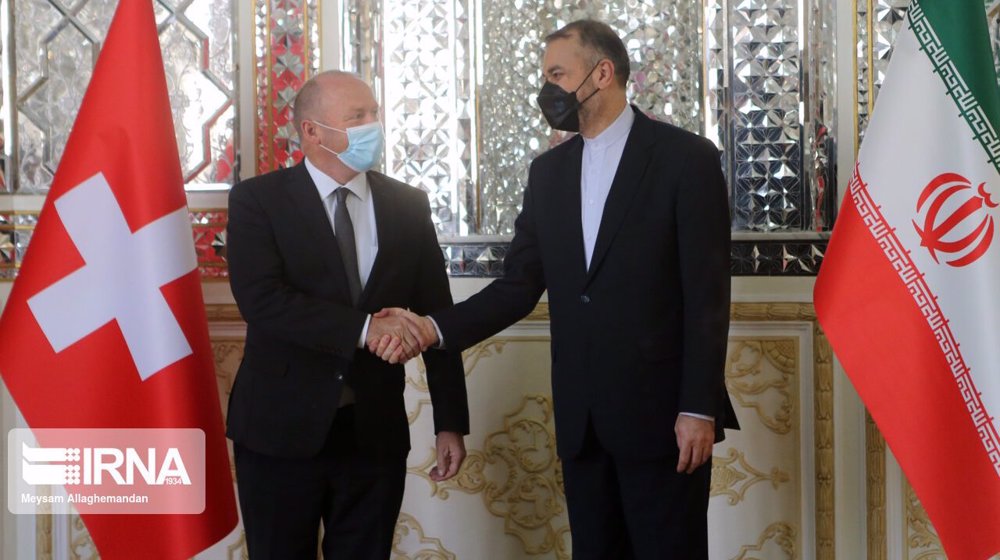
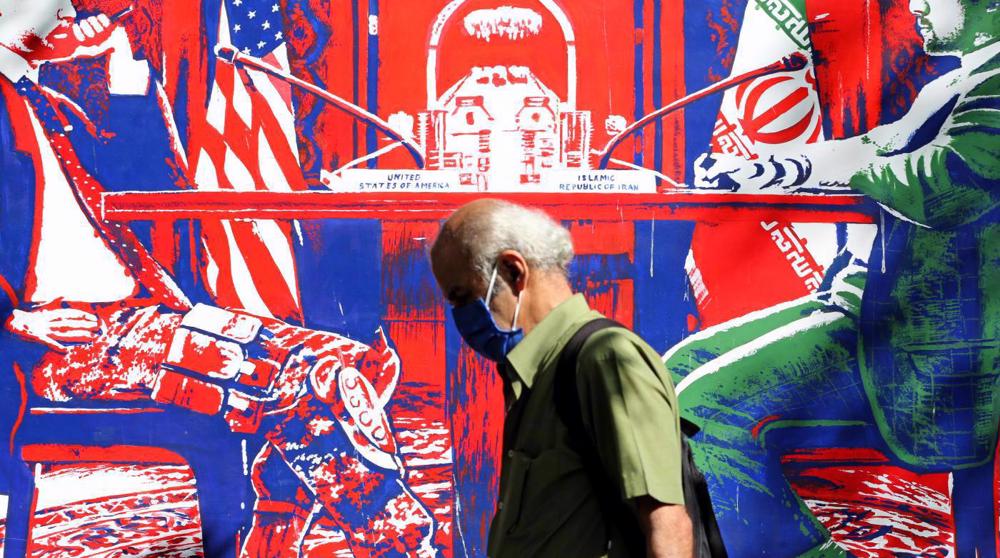
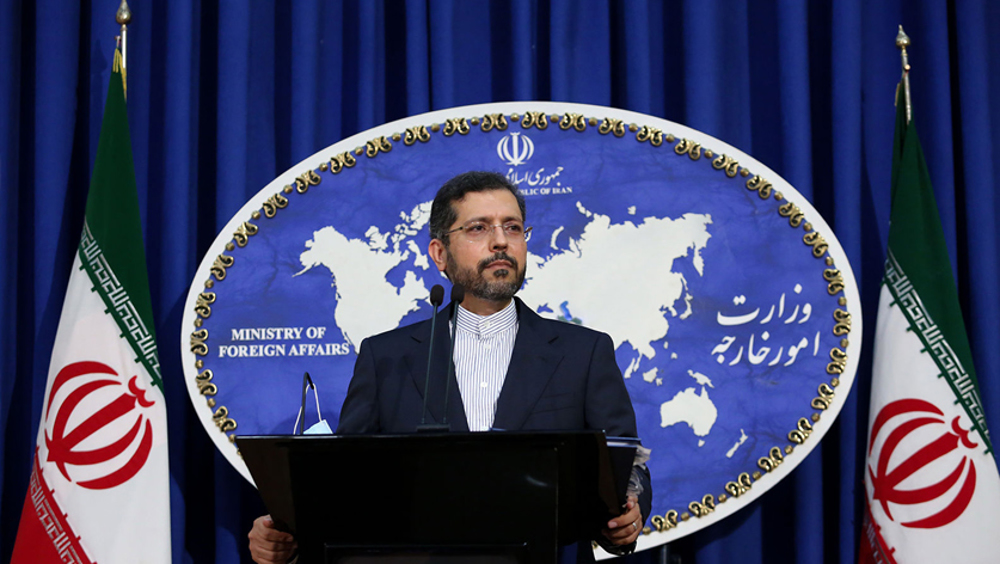

 This makes it easy to access the Press TV website
This makes it easy to access the Press TV website